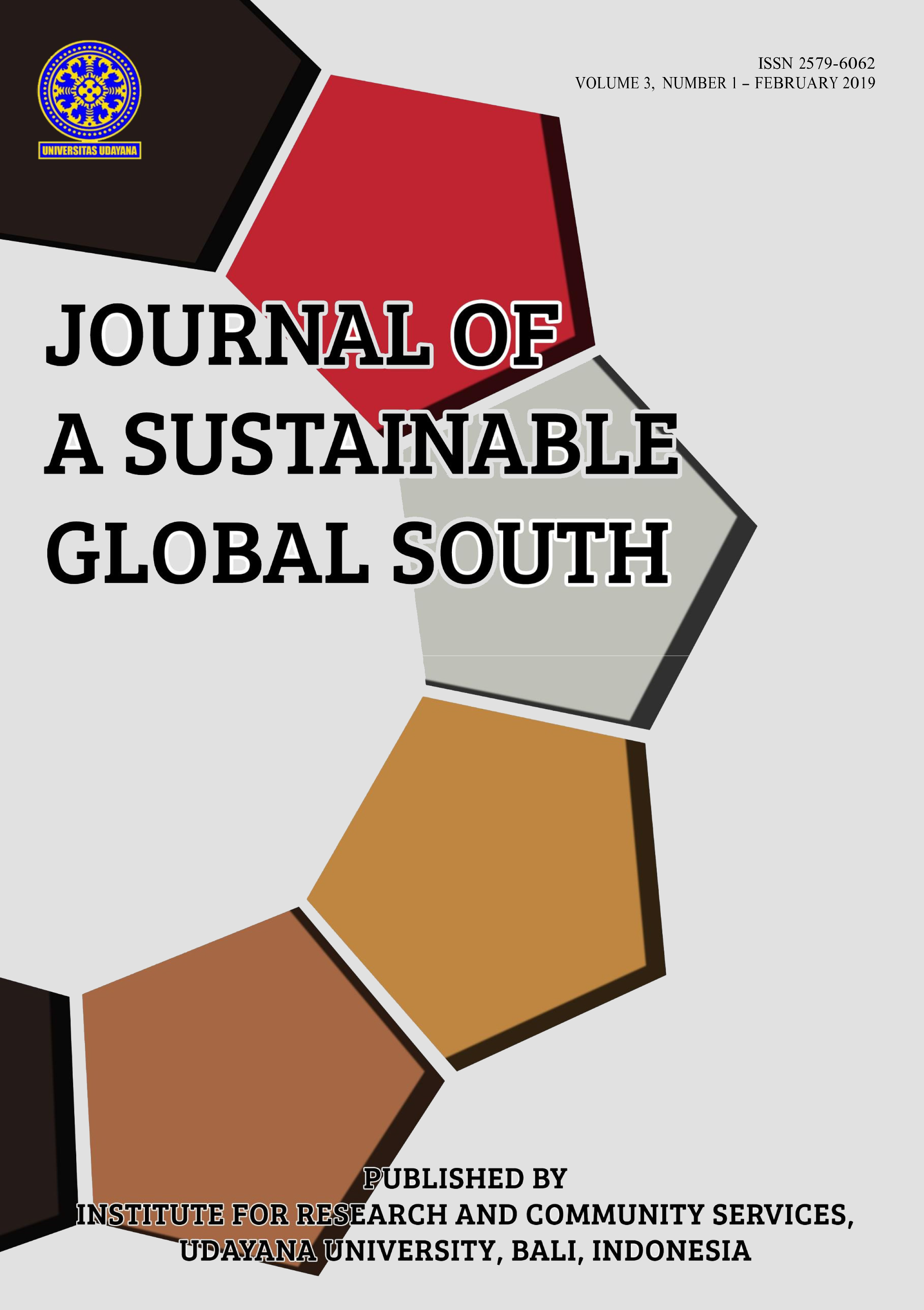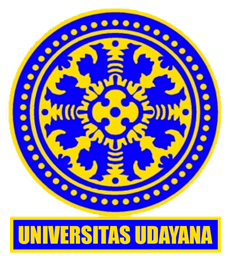The Natural Tourism Development Model and Its Contribution to Local Community Economy at Peliatan Village, Ubud Bali
February 2019
Abstract
The research is located at Peliatan Village Ubud Bali. The purpose of this research is 1) to identify the potential of natural tourism at Peliatan Village Ubud, 2) to examine contribution of the development of natural tourism to the local community's economy at Peliatan Village Ubud, 3) to formulate the natural tourism development model at Peliatan Village Ubud.
The results showed that the potentials of natual tourism at Peliatan Village are a natural panorama, river, springs, rice fields, flora and fauna. Natural tourism activities that can be developed are tracking, cycling, rural tourism, outbound tours, camping tours, natural education tours, flora and fauna observation tours. The contribution of natural tourism to the local community economy is to directly open new jobs for the community, such as tour guides, ticket guards, parking attendants, Balinese food and beverages sellers, business men on food stalls / restaurants, lodging, making souvenirs, Balinese food, making camping, other outbound activities. It is directly improving the ability of the community to save, sending children to a higher level education.
It indirectly could increase income of local community, attract investors to build hotels and inns. Natural tourism development model at Peliatan Village is a SO Strategy: developing new tourist attraction, cooperating with Balinese investors from outside the area to develop natural tourism attraction, penetrating foreign tourist market on special interest in nature, developing potential market of foreign tourists being interested in natural tourism, establishing cooperation with travel agent / wholesaler of special interest tourist market, developing tourism event, and developing micro business.
WO Strategy: improving the quality of the natural environment by maintaining the cleanliness of the natural environment, training natural tourist guides, providing broader and more interesting natural tourism information, designing exciting natural tourism packages, developing private-community partnerships, providing and mapping potential diversity data at tourist destination. Strategy ST: reforestating, controlling erosion, analyzing the influence of the behavior of number of tourist, waste generated, developing plans, protecting regional agreement, cooperating with tourism actors and stakeholders, ensuring the security of Peliatan Village.
WT Strategy: counseling, formulating, and implementing Code of Conduct (COC) product of marketed natural attraction, strengthening organization or association of entrepreneurs and tourism professionals, establishing and / or strengthening of organization of village organization to prevent environmental degradation, coaching community on green tourism, and doing research on natural tourism and its impact on local communities.
Index Terms— Environmental Dispute, Procedural Law, Class Action lawsuit










(1).png)


